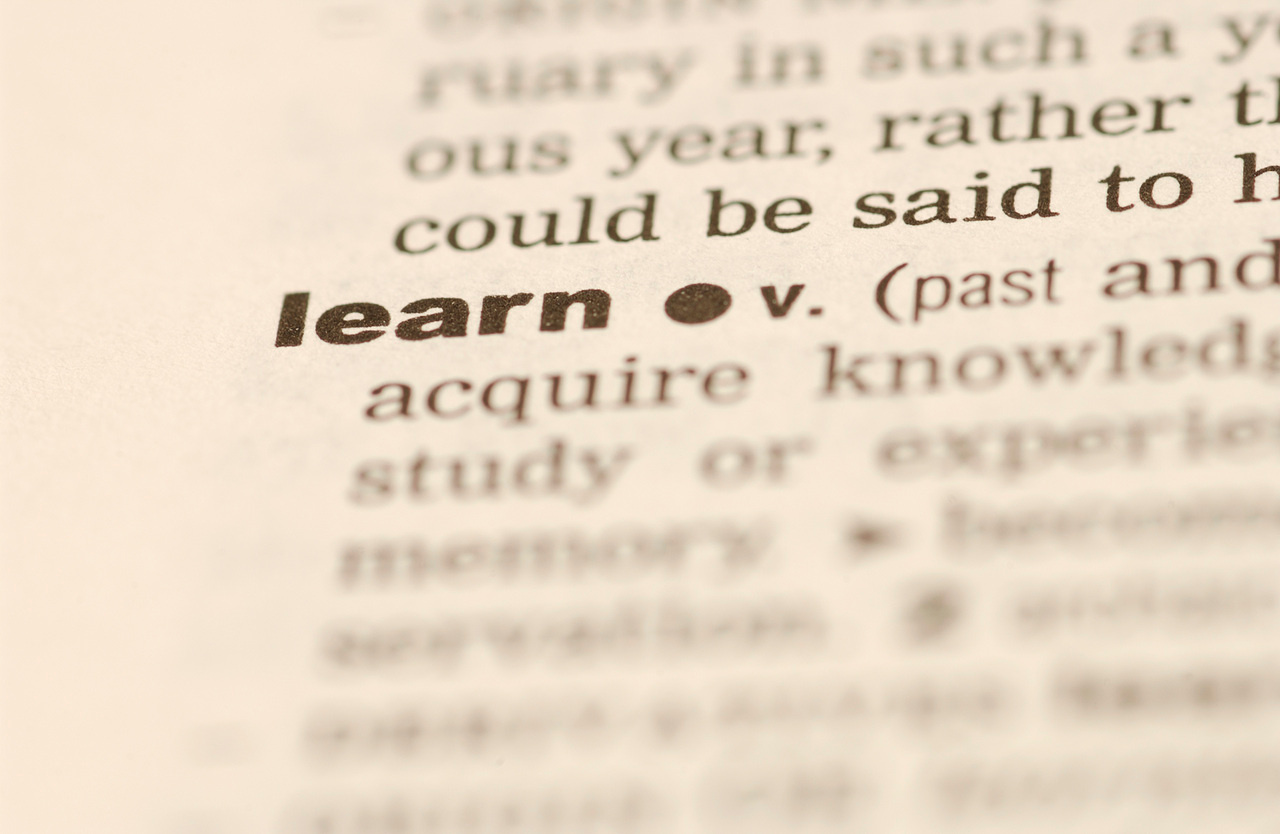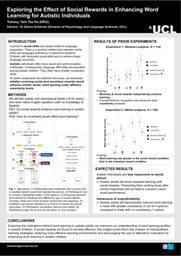Research Outline: Exploring the Effect of Social Rewards in Enhancing Word Learning for Autistic Individuals

Humans are inherently social beings. Our need to communicate with others triggers the occurrence of language. Research demonstrates the social nature of language, as brain circuits involved in language are interconnected to regions that process rewarding social interactions, such as seeing a smiling face. This neural connection indicates that social rewards play a significant role in language learning.
In an ongoing study led by my advisor, Dr. Saloni Krishnan, neurotypical English-speaking adults are shown a set of unfamiliar Swahili words and asked to predict their meanings. Correct predictions are rewarded with a smiling face and clapping sounds, while incorrect guesses result in unhappy faces. The findings suggest that social rewards can enhance participants' later recognition of these words’ meanings.
While the positive effect of receiving social rewards on word learning is established for neurotypical adults, it remains uncertain whether this effect applies to individuals with autism spectrum disorder (ASD). Research shows that people with ASD process facial stimuli differently than their neurotypical peers, and the Social Motivation Theory of Autism suggests they are less likely to seek social approval. Given these differences in social motivation, I am curious about how autistic adults will respond to social rewards during a word learning task. Do they still find a smiling face rewarding?
To address these questions, I will replicate my advisor's study with both adults with and without ASD to compare the effects of social rewards on word learning. I hypothesise that receiving social rewards will lead to less pronounced improvements in word recognition for autistic adults, due to their challenges with social functioning.
If a weaker effect of social rewards is found in autistic adults during word learning, this could inspire further research on children with ASD. Children's ability to learn new words is crucial for their overall language development and academic performance in language-related subjects. Therefore, if social rewards prove ineffective in helping individuals with ASD learn, researchers can develop new educational strategies tailored to enhance their learning.
I am extremely grateful for the opportunity to work with my advisor and the N-CoDe Lab at UCL! Thank you for taking the time to read this. I welcome any comments or thoughts you may have. Stay tuned for updates on my project!
Supervisor: Dr. Saloni Krishnan, UCL

Please sign in
If you are a registered user on Laidlaw Scholars Network, please sign in